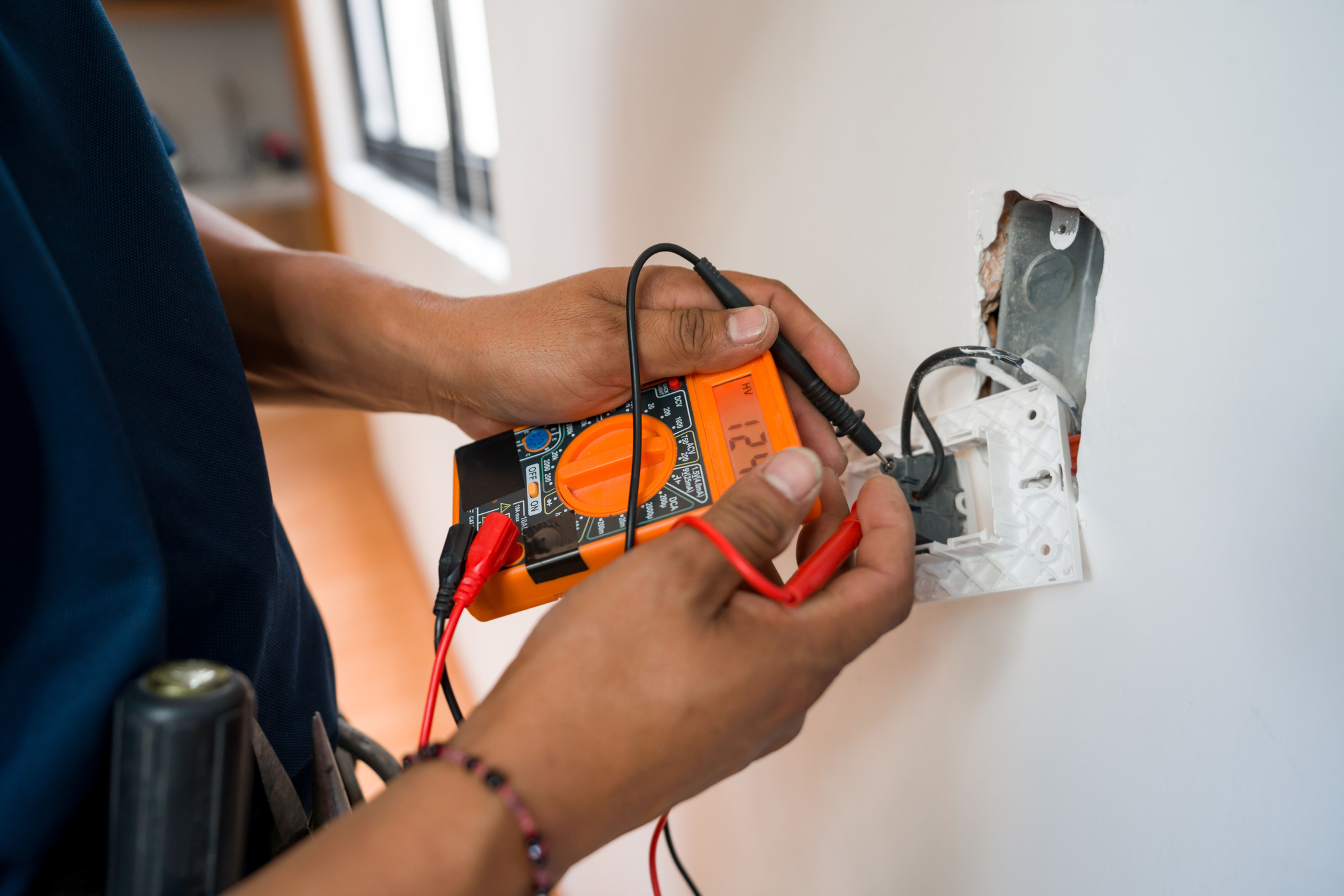
Electricity has become an indispensable part of our lives, and one of the main components that make it possible is an electrical circuit. In this article, we'll tell you what an electric circuit is. We'll also take a look at the different types of electrical circuits and how they're used in everyday life. Finally, we'll discuss some safety tips to keep in mind when dealing with electrical circuits.
Titan Plumbing And Electric is one of the top electricians in the area and we specialize in all types of electrical circuits. We offer a wide range of services that include residential wiring, commercial building wiring, and even maintenance. Our highly trained team is always available to answer any questions you may have about electrical circuits and other services we offer.
What is an Electric Circuit?
An electrical circuit is a conductive path where current can flow from one point to another. It is composed of conductive components such as wires, fuses, and switches. There are different types of circuits, each with its own characteristics and uses. Let's take a look at each one.
Types of Electric Circuits
There are five main types of electric circuits: series, parallel, close, open, and short. Each type uses different components and has distinct properties.
Series Circuits
In a series circuit, the same current passes through all the components connected in a line from one end to another. This makes it easy to detect a fault or break in any of the components. In a series circuit, if one component fails, the entire circuit stops working. Series circuits are used in light bulbs, flashlights, water heaters, freezers, and other everyday items.
Parallel Circuits
In a parallel circuit, two or more components are connected side-by-side and the current is divided between them. This type of circuit allows for separate paths with different resistances and each component can be isolated from the rest. If one component fails in a parallel circuit, it does not affect the operation of the other components in the circuit. You are able to operate the light bulbs and other electrical appliances in your home independently of each other because of this type of circuit.
Close Circuit
A closed circuit is one that has all its components connected in a loop. This allows the current to flow and complete the circuit, allowing electricity to pass through different devices. These circuits are typically used in electric motors, doorbells and intercom systems, alarm systems, etc. This type of circuit can be used for a variety of applications, including lighting systems when the switch is on.
Open Circuits
Where there is a gap in a circuit or the switch is off, preventing current from flowing through it, you have an open circuit. This type of circuit is used to control the flow of electricity, such as switches and circuit breakers. If an open circuit fails, it will not be able to perform its function until it is repaired or replaced.
Short Circuits
Short circuits are pathways that allow too much current to flow into them, causing the circuit to overload and fail. This type of circuit is usually caused by a fault in the wiring or components in the circuit. In a short circuit, both the positive and negative points of the circuit become connected, allowing the current to flow in both directions. Short circuits are used in arc welding.
These are just some of the different types of electrical circuits and their uses. Whether you need a circuit for a simple switch or something more complex such as an industrial control system, understanding how each type works can help you choose the right one for the job.
Safety Tips While Dealing With Electrical Circuits
Electrical circuits can be dangerous if they are not handled properly. Always make sure to read the safety instructions on any electrical device before using it, and always wear appropriate protective gear when dealing with electric current. Never touch exposed wires or terminals unless you know exactly what you're doing. If in doubt, consult a qualified electrician.
If you think a circuit is malfunctioning, never attempt to repair it yourself. Have an experienced electrician inspect the circuit and make any necessary repairs or replacements.
By taking proper safety precautions when dealing with electrical circuits and understanding their different types and uses, you can ensure that your projects are safe and successful.
Contact Titan Plumbing And Electric For Your Electrical Needs
When it comes to electrical needs, the professionals at Titan Plumbing And Electric have you covered. Our team is highly skilled and experienced in all types of electrical projects, from small-scale home improvements to large commercial wiring jobs. We offer competitive rates, fast service, and quality products. Contact us today at 813-933-8010 to learn more about how we can help you with your electrical needs. We look forward to serving you.


